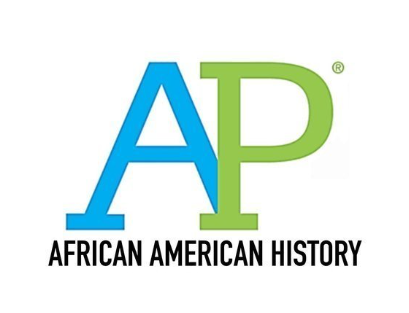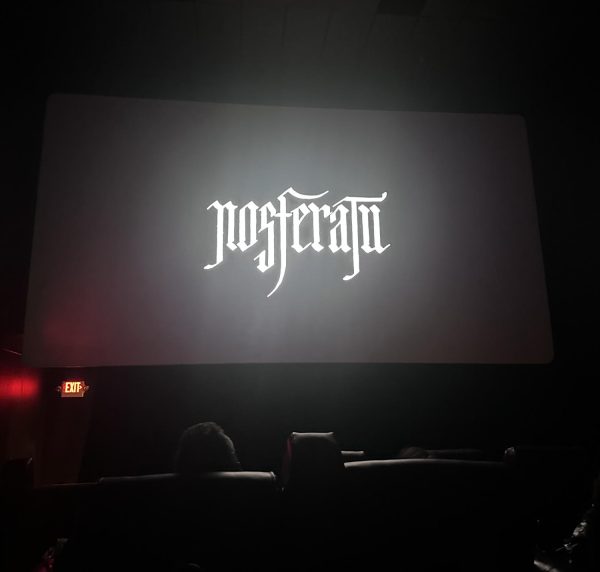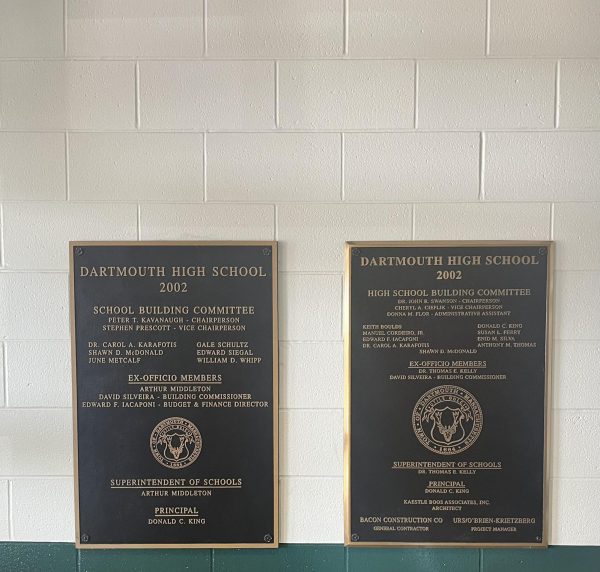AP African American Studies is Here to Stay, but Does It Have a Future at DHS?

Does this new AP class have a place at DHS?
AP classes have defined the landscape of American education for decades, challenging students with college level courses across numerous subjects while earning college credit. While core curriculum classes such as Calculus, World History, and Biology have dominated the Advanced Placement curriculum for years, a new member has recently joined the College Board’s course catalog.
Advanced Placement African American Studies will be tested in 60 select schools as of the fall of 2022. Designed by former chair of Harvard’s Department of African and African American Studies, Henry Louis Gates Jr, the course will cover a broad range of African American culture and history through interdisciplinary studies ranging from civil rights and politics to African literature and art.
Aside from the educational value of offering a college level education to ambitious high school students, the course is expected to play a key role in legitimizing the field of African American Studies as a whole. Despite its recognition at elite institutions and major scholarly contributions, the debate as to whether or not African American Studies should be recognized as a valid field of study is still ongoing and has been brought to light among the national debate surrounding critical race theory.
Political discourse over the incorporation of previously mentioned critical race theory has ceased to falter. Critical race theory refers to the academic and legal concept that racism is deeply rooted in American society through systemic practices such as healthcare, employment, and housing. Essentially, it studies how racism is institutionalized and has greater implications than individual prejudice.
As of 2021, 17 state legislatures have approved regulation of how race is taught in classrooms around the country. While critical race theory is typically reserved for college level law courses, it has become a comprehensive phrase when discussing race to any extent in classrooms, causing an uproar from concerned parents reminiscent of the satanic panic of the 80s.
The ultimate goal of this course is to provide students with a well-rounded rounded historical education in a “vibrant field of study, one half a century old in the American academy, and much older, of course, in historically Black colleges and universities,”, according to Gates. The roots of this course are not centered in CRT, indoctrination, or political pandering. Just as with AP Art History or AP European History, it covers a range of topics while honing in on a specific part of a complex, developing world of the past. To deny that African American history is not filled with robust culture and important events that can be analyzed through political, social, and economic lenses is to deny not only the validity of historical academia in general, but the importance of influential events in African American history. The value of the analytical, critical, and cognitive skills that will develop throughout the course as well cannot be ignored either.
While the country is certainly in lively conflict over critical race theory on various levels, Massachusetts seems to be stable with its curriculum as of now. No regulatory administration regarding CRT has passed, allowing educators to teach freely, despite the Massachusetts Association of School Superintendents releasing an official statement in 2021 clarifying that CRT is not taught in Massachusetts schools. Considering the controversy this phrase causes, it’s hard to believe that AP African American Studies will find a home at DHS any time soon.
While the addition of new AP courses has been in discussion recently, the unfortunate controversy surrounding a legitimate class is simply not a risk educators are willing to take for the time being. Combine the CRT debate that may never have an end with a clashing political climate both in and outside of DHS, and AP African American Studies may have to be put on the back burner before being taken into serious consideration.
While the development of this class may be halted, students and educators should still seize opportunities to learn about a rich and tumultuous history that can display necessary historical thinking skills beneficial to the real world. Those who are truly eager to learn may just have to wait for cooperation.











